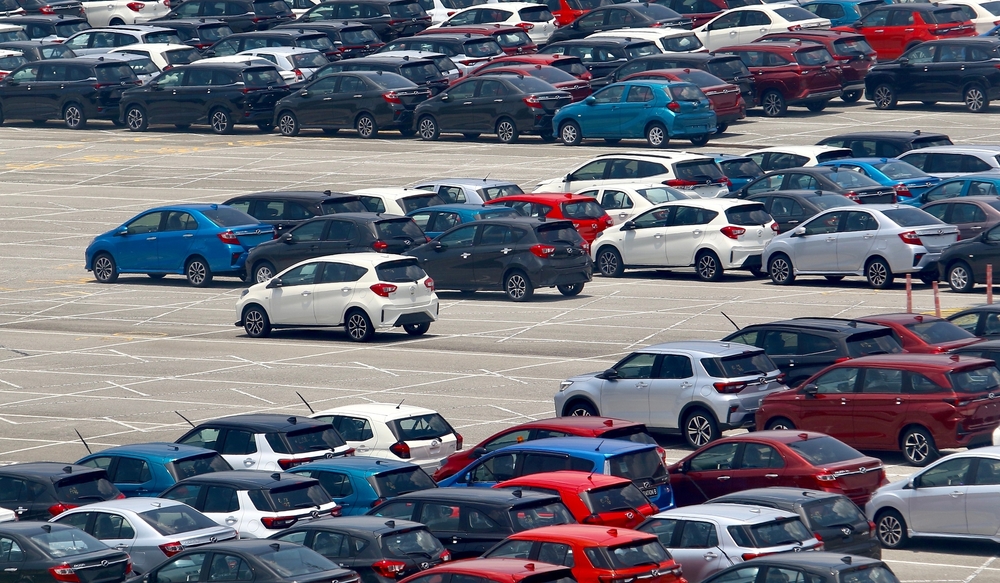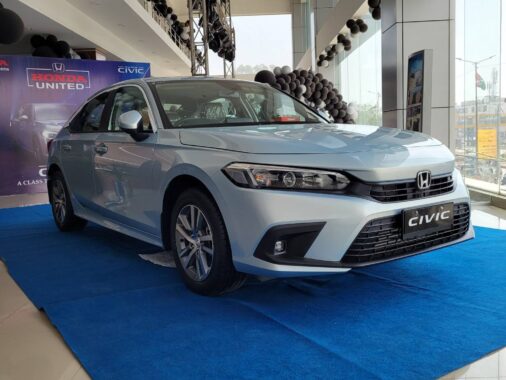A recent development has caused a rift between the Federal Board of Revenue (FBR) and the Ministry of Commerce regarding a proposal that could significantly impact vehicle import and export in Pakistan.
The crux of the disagreement revolves around the idea of permitting the temporary import and export of vehicles for businesses with automobile repair facilities, with the aim of simplifying processes and enhancing trade efficiency.
The proposal, which suggests allowing the temporary import of damaged vehicles for repair purposes, has sparked a contentious debate among government officials.
Differing Perspectives
Supporters argue that such a plan could not only benefit the repair industry but also boost exports by re-exporting reconditioned vehicles internationally. However, the FBR has objected to the proposal, deeming it impractical and beyond the scope of current regulations.
The Ministry of Commerce, supported by the State Bank of Pakistan (SBP) and the Ministry of Industries and Production (MoI&P), has been advocating for the adoption of the proposal. They stress the need for strict controls to prevent misuse, including limitations on domestic sales of temporarily imported vehicles and regular performance evaluations of participating businesses.
To advance the proposal, the Commerce Ministry has put forward several recommendations, including modifications to existing rules to accommodate vehicle repair under International Toll Manufacturing (ITM) provisions. In addition, they suggest permitting the temporary import of vehicles for authorized repair facilities under specific conditions, with stringent regulations in place to oversee the process.
While the proposal has potential to enhance trade and support the local repair industry, the debate highlights the challenges of policy formulation. Finding a balance between innovation and efficiency while adhering to regulations and managing risks remains a formidable task.
As stakeholders continue to deliberate on the path ahead, the outcome of this deliberation will undoubtedly shape the future of Pakistan’s automotive trade sector. In a swiftly evolving global economy, adaptability and collaboration will be crucial in unlocking new opportunities and fostering sustainable growth.






